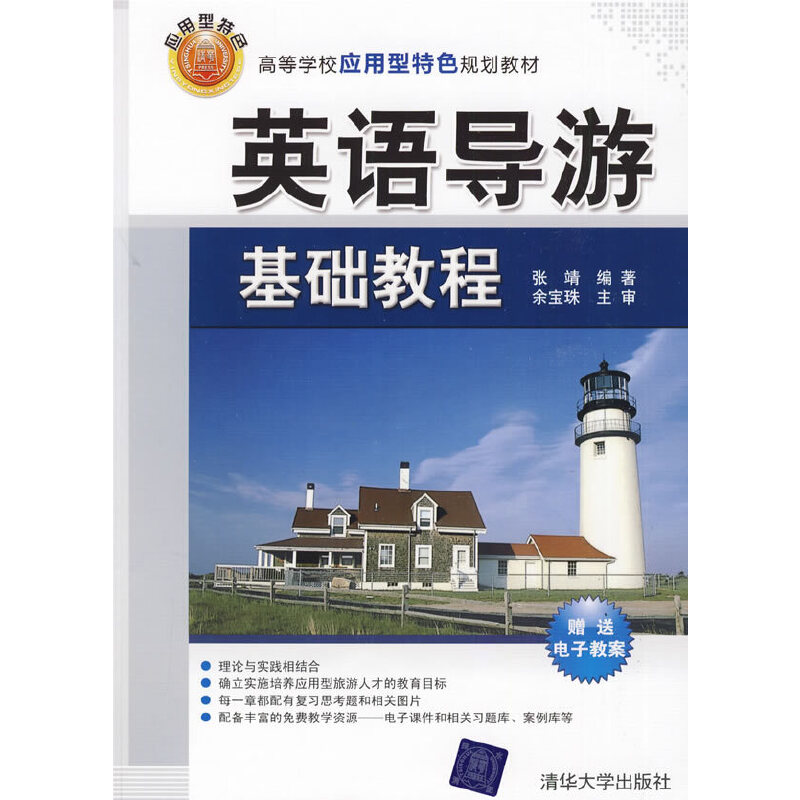土力学(英文版)
定价:¥38.00
作者: 廖红建,苏立君,李杭州,肖正华
出版时间:2015-12
出版社:西安交通大学出版社
- 西安交通大学出版社
- 9787560577548
- 188875
- 2015-12
- TU43
内容简介
廖红建、苏立君、李杭州、肖正华编著的《土力学(西安交通大学本科十二五规划教材)(英文版)》是土木工程专业的必修课程《土力学》的英文教材。本教材既注重我国土力学课程的知识结构体系,又吸收国外经典土力学英文原版教材的精髓,采用我国现行的规范和标准进行编写。全书重视土力学基本理论和知识、技能的阐述,力求把知识的传授与能力的培养结合起来,内容丰富,条理清晰,系统性和逻辑性较强,便于学生系统学习和深入理解。
本书内容共分8章,包括土的基本性质和工程分类、土的渗透性和渗流力、地基中的应力分布、土的压缩性和地基沉降计算、土的抗剪强度、地基承载力、边坡稳定性以及土压力和挡土墙。每章后附有习题和参考文献,附录中列出了土力学常用专业名词英汉对照和习题答案,为学生和教师查阅和学习提供了方便。
本书可作为高等院校土木工程专业《土力学》课程的双语教材,其内容与中文教材的知识体系相呼应,也可作为相关专业(水利水电工程、采矿工程、交通运输工程等)的土力学课程的双语教材,以及研究生和工程科技人员的参考书。
本书内容共分8章,包括土的基本性质和工程分类、土的渗透性和渗流力、地基中的应力分布、土的压缩性和地基沉降计算、土的抗剪强度、地基承载力、边坡稳定性以及土压力和挡土墙。每章后附有习题和参考文献,附录中列出了土力学常用专业名词英汉对照和习题答案,为学生和教师查阅和学习提供了方便。
本书可作为高等院校土木工程专业《土力学》课程的双语教材,其内容与中文教材的知识体系相呼应,也可作为相关专业(水利水电工程、采矿工程、交通运输工程等)的土力学课程的双语教材,以及研究生和工程科技人员的参考书。
目录
Preface
Chapter/1 Basic characteristics and engineering classification of soils
1.1 Introduction
1.2 Soil composition and phase relationships
1.3 Soil fabric
1.4 Particle size analysis
1.5 Density properties for granular soils
1.6 Plasticity properties of soils
1.7 Soil compaction
1.8 Engineering classification of soils
Exercises
References
Chapter2/ Permeability of soils and seepage force
2.1 Introduction
2.2 Capillary phenomena
2.3 Darcy's law
2.4 Determination of permeability coefficient
2.5 Flow nets
2.6 Seepage force and critical hydraulic gradient
Exercises
References
Chapter 3/ Stress distribution in soils
3.1 Introduction
3.2 Stresses due to self weight
3.3 Effective stress principle
3.4 Contact pressure between the foundation and the ground
3.5 Additional stress in ground base
3.6 Additional stress in plane problem
Exercises
References
Chapter/4 Compression and consolidation of soils
4.1 Introduction
4.2 Compressibility characteristics
4.3 Calculation of settlement of foundation
4.4 One dimensional consofidation theory
Exercises
References
Chapter/5 Shear strength
5.1 Shear resistance
5.2 Molar-Coulomb failure criterion
5.3 Shear strength tests
5.4 Effective stress paths
5.5 Characteristic of shear strength of cohesiveless soils
5.6 Characteristics of shear strength of cohesive soils
Exercises
References
Chapter/6 Bearing capacity
6.1 Introduction
6.2 Critical edge pressure
6.3 Prandd's bearing capacity theory
6.4 Modification of Prandtl's bearing capacity theory
6.5 Terzaghi's bearing capacity theory
Exercises
References
Chapter/7 Stability of slopes
7.1 Introduction
7.2 Analysis of a plane translational slip
7.3 Analysis for the case of Vu=0
7.4 The method of slices
7.5 General methods of analysis
Exercises
References
Chapter/8 Lateral earth pressure and retaining walls
8.1 Introduction
8.2 Earth pressure of a retaining wall
8.3 Earth pressure at rest
8.4 Rankine's theory of earth pressure
8.5 Coulomb's theory of earth pressure
8.6 Application of earth, pressure theory to retaining walls
8.7 Design of earth-retaining structures
Exercises
References
APPENDIX Ⅰ English-Chinese translation of frequently-used words
APPENDIX Ⅱ Answers to the exercises
Chapter/1 Basic characteristics and engineering classification of soils
1.1 Introduction
1.2 Soil composition and phase relationships
1.3 Soil fabric
1.4 Particle size analysis
1.5 Density properties for granular soils
1.6 Plasticity properties of soils
1.7 Soil compaction
1.8 Engineering classification of soils
Exercises
References
Chapter2/ Permeability of soils and seepage force
2.1 Introduction
2.2 Capillary phenomena
2.3 Darcy's law
2.4 Determination of permeability coefficient
2.5 Flow nets
2.6 Seepage force and critical hydraulic gradient
Exercises
References
Chapter 3/ Stress distribution in soils
3.1 Introduction
3.2 Stresses due to self weight
3.3 Effective stress principle
3.4 Contact pressure between the foundation and the ground
3.5 Additional stress in ground base
3.6 Additional stress in plane problem
Exercises
References
Chapter/4 Compression and consolidation of soils
4.1 Introduction
4.2 Compressibility characteristics
4.3 Calculation of settlement of foundation
4.4 One dimensional consofidation theory
Exercises
References
Chapter/5 Shear strength
5.1 Shear resistance
5.2 Molar-Coulomb failure criterion
5.3 Shear strength tests
5.4 Effective stress paths
5.5 Characteristic of shear strength of cohesiveless soils
5.6 Characteristics of shear strength of cohesive soils
Exercises
References
Chapter/6 Bearing capacity
6.1 Introduction
6.2 Critical edge pressure
6.3 Prandd's bearing capacity theory
6.4 Modification of Prandtl's bearing capacity theory
6.5 Terzaghi's bearing capacity theory
Exercises
References
Chapter/7 Stability of slopes
7.1 Introduction
7.2 Analysis of a plane translational slip
7.3 Analysis for the case of Vu=0
7.4 The method of slices
7.5 General methods of analysis
Exercises
References
Chapter/8 Lateral earth pressure and retaining walls
8.1 Introduction
8.2 Earth pressure of a retaining wall
8.3 Earth pressure at rest
8.4 Rankine's theory of earth pressure
8.5 Coulomb's theory of earth pressure
8.6 Application of earth, pressure theory to retaining walls
8.7 Design of earth-retaining structures
Exercises
References
APPENDIX Ⅰ English-Chinese translation of frequently-used words
APPENDIX Ⅱ Answers to the exercises





